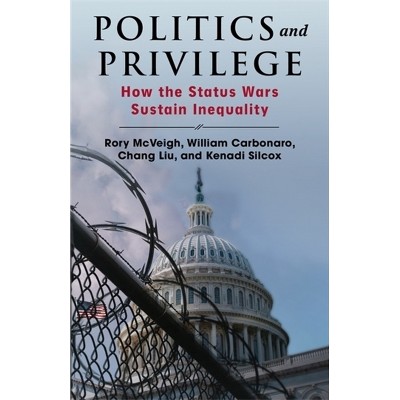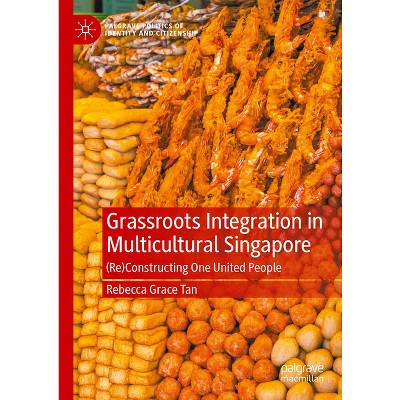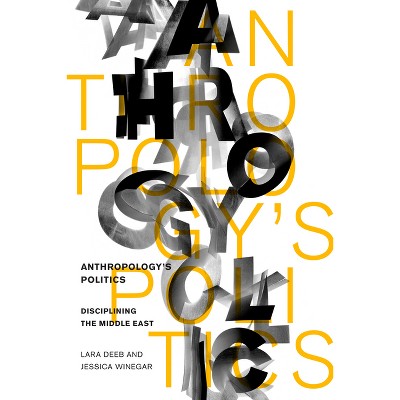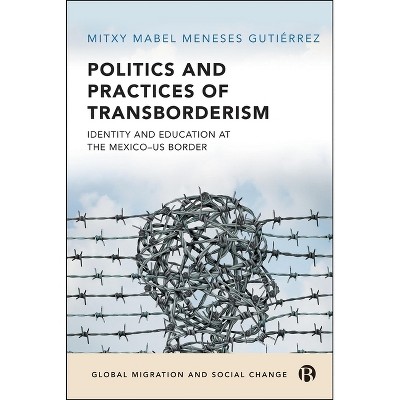Sponsored

The Politics of Home - by J Duyvendak
In Stock
Sponsored
About this item
Highlights
- This book examines ideas of 'home' of Americans and Western Europeans under the influence of the two major revolutions of our times: the gender revolution and increased mobility due to globalization.
- About the Author: JAN WILLEM DUYVENDAK Professor of Sociology at the University of Amsterdam, The Netherlands.
- 150 Pages
- Social Science, Sociology
Description
About the Book
"This book examines ideas of 'home' of Americans and Western Europeans under the influence of the two major revolutions of our times: the gender revolution and increased mobility due to globalization. It analyzes how 'home' has been politicized, as well as alternative home-making strategies that aim to transcend the 'logic of identities'"--Book Synopsis
This book examines ideas of 'home' of Americans and Western Europeans under the influence of the two major revolutions of our times: the gender revolution and increased mobility due to globalization. It analyzes how 'home' has been politicized, as well as alternative home-making strategies that aim to transcend the 'logic of identities'.Review Quotes
'Duyvendak cleverly dissects the idea of home at very different levels, and different continents, weaving together strands of sociology that are usually kept far apart'
- Professor Jasper, Graduate Center of the City University of New York, USA
'In this important work of comparative historical sociology, community studies and social theory, Jan Willem Duyvendak explores the changing meanings associated with "feeling at home" in contemporary western Europe and North America. Exhaustively researched, methodologically rigorous and accessibly presented, this book will be of great interest to all social scientists concerned to understand the remaking of social attachment and cultural belonging under early 21st century conditions.'
- Professor Neil Brenner, New York University, USA
'Through contrasting ideologies of "home as nation" in Europe, and "home as safe haven" in the United States, Duyvendak traces the growing obsession with place and rootedness, home and homeland, as a reaction to globalization and the gender revolution. His analysis reveals the underlying tensions between liberal definitions of citizenship and a more conservative discourse of the right to belong with surprising results. His insightful comparison sheds light on the emerging contradictions inherent in the notion of home and its contemporary political reality and deployment.'
- Professor Setha Low, Graduate Center of the City University of New York, USA
About the Author
JAN WILLEM DUYVENDAK Professor of Sociology at the University of Amsterdam, The Netherlands. He studied sociology and philosophy in Groningen, The Netherlands and Paris, France. His work deals with various issues, including the history of political concepts, social movements, multiculturalism, social policy, and sexuality.Shipping details
Return details
Trending Non-Fiction











